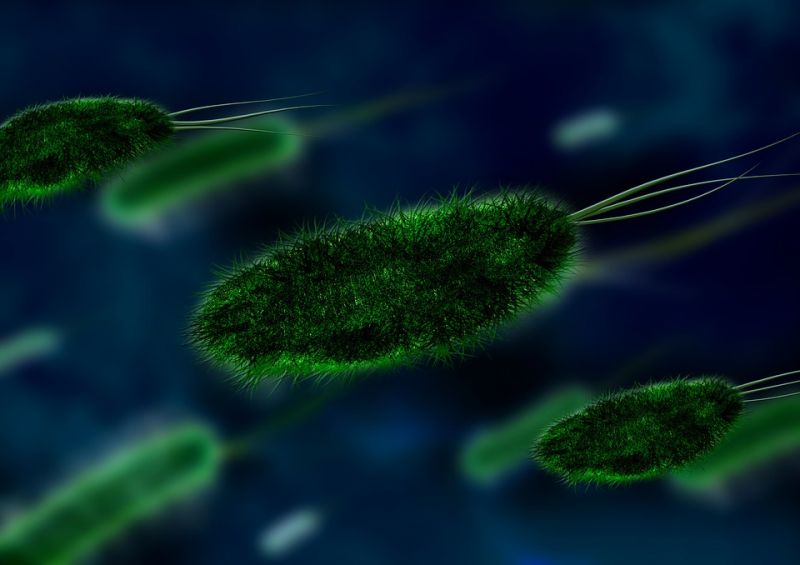Meet BactoWatt: Waste-to-Energy Startup using Microbes for Sustainable Wastewater Treatment
Published on by Water Network Research, Official research team of The Water Network in Technology
In Abu Dhabi, UAE capital, only 51 % of all treated water is recycled while the rest is discharged into the environment of which 400,000 m³ is disposed into the South Mussafah Channel. Wastewater is not treated before disposal since it entails high costs and energy.

Representative Image source: Pixabay, labeled for reuse
This is why young researchers from this country developed BactoWatt, a startup designed to alleviate the problems of the world energy crisis, climate change, clean water, and sanitation. Contrary to conventional treatment processes using various chemicals, Bactowatt treats wastewater sustainably using microbes and reduces carbon dioxide emissions, the quantity of sludge, cost and treatment time. It also produces viable by-products like renewable energy and reusable greywater.
The technology is based on microbial fuel cells that convert biochemical energy to electrical energy by the action of microorganisms. The applications of BactoWatt range from wastewater treatment plants and manufacturing industries to low-income communities, municipalities and non-profit organizations.
The core idea is to transform wastewater into a renewable resource that proves to be the need of the hour with the current rate of fossil fuel overuse.
As a startup, BactoWatt plans to advance in three phases:
- Phase 1 involves innovation partnerships to create the pilot prototype,
- Phase 2 involves the testing and development of the pilot prototype,
- Phase 3 involves the production and launch of our commercial prototype.
BactoWatt is centered around a group of five young professionals who have varied backgrounds ranging from design and engineering to biotechnology. We share an immense passion for sustainability and BactoWatt is just our first step to giving back to the community and Planet Earth.
Right now, they are part of the Greenpreneurs 2019 project where they will learn how to take their idea from concept to business plan for a solution that positively impacts the future of sustainable energy; water and sanitation; sustainable landscapes (forestry and agriculture); or green city development.
Source: IPS News
Media
Taxonomy
- Carbon Filtering
- Waste Water Treatments
- Antimicrobial
- Renewable Energy Treatment
- Wastewater Treatment
- Microbiology
- Sustainability
- Renewable Energy
- Waste to Energy
- Renewable Energy
- Renewable Energy Power
- Renewable Water Resources
- Renewable Energy